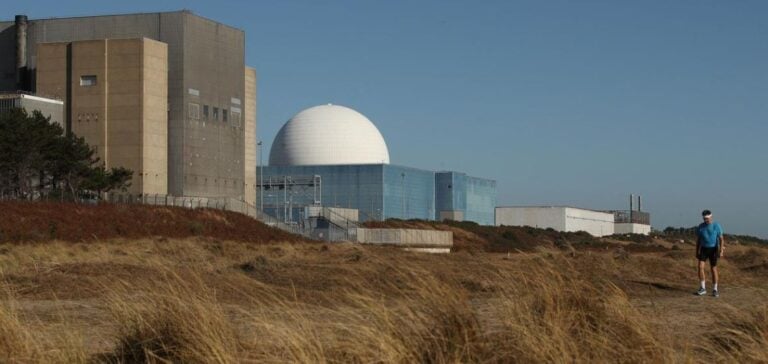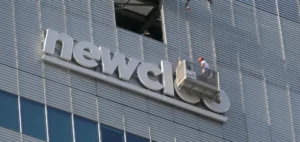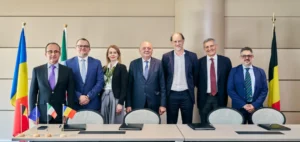The British government has categorically denied reports that the cost of the Sizewell C nuclear power plant, currently under development by EDF, has doubled to reach £40 billion (approximately €47 billion). These claims, published by the economic daily *Financial Times* (FT), were described as “speculative” by a spokesperson for the Department of Energy.
According to the *Financial Times*, this cost overrun is attributed to multiple factors, including inflation and delays affecting the twin project of Hinkley Point C, also managed by EDF. Hinkley Point C has experienced significant budget overruns, reaching nearly £34 billion, according to an estimate released last year.
Statements from Involved Parties
The team managing the Sizewell C project also responded to the figures reported by the *Financial Times*, stating that they are “inaccurate.” They noted that project costs benefit from efficiencies gained from lessons learned at Hinkley Point C, particularly in workforce training and supply chain management.
An EDF representative highlighted that Sizewell C is designed to host two European Pressurized Reactors (EPR), each with a capacity of 1.6 gigawatts. The plant’s electricity production is slated for 2035. Meanwhile, the British government is continuing discussions with private investors to finalize funding, with negotiations expected to conclude in spring 2025.
Investment and Partnership
The UK government approved the Sizewell C project in July 2022, acquiring a 50% stake after the withdrawal of Chinese partner CGN. London has already invested billions of pounds in the project, but the final investment decision remains contingent on ongoing fundraising efforts.
This project is part of the UK’s strategy to reduce reliance on fossil fuels by expanding low-carbon nuclear power generation. However, it has drawn criticism for delays and financial risks borne by EDF, as highlighted in a recent report by France’s Court of Auditors. The report recommends that EDF limit its financial exposure in international projects.
A Challenging International Context
Simultaneously, EDF faces criticism for the management of its EPR projects abroad, including those in Flamanville (France) and Olkiluoto (Finland). These projects have been plagued by delays and cost overruns, casting doubt on the economic viability of this technology in a competitive energy market.
The Sizewell C nuclear power plant is seen as a critical test for the future of nuclear energy in the UK. Success could bolster the country’s position as a leader in the energy transition, while further setbacks might deter international investors.





















